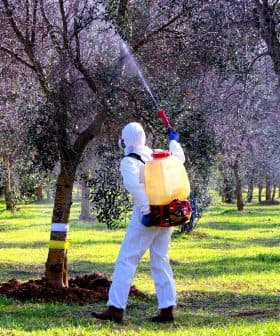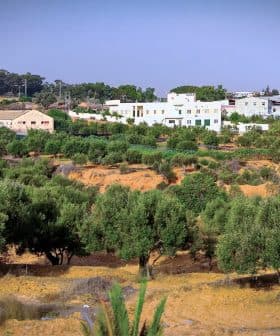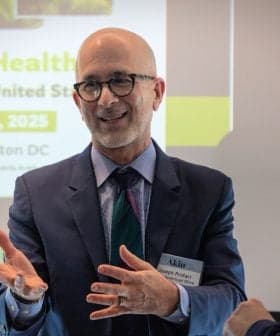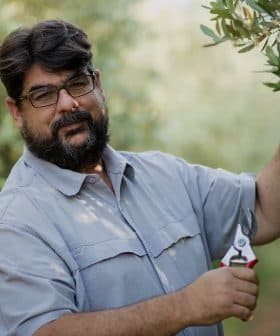Olive Center to Host Inaugural Olive Oil Sustainability Conference
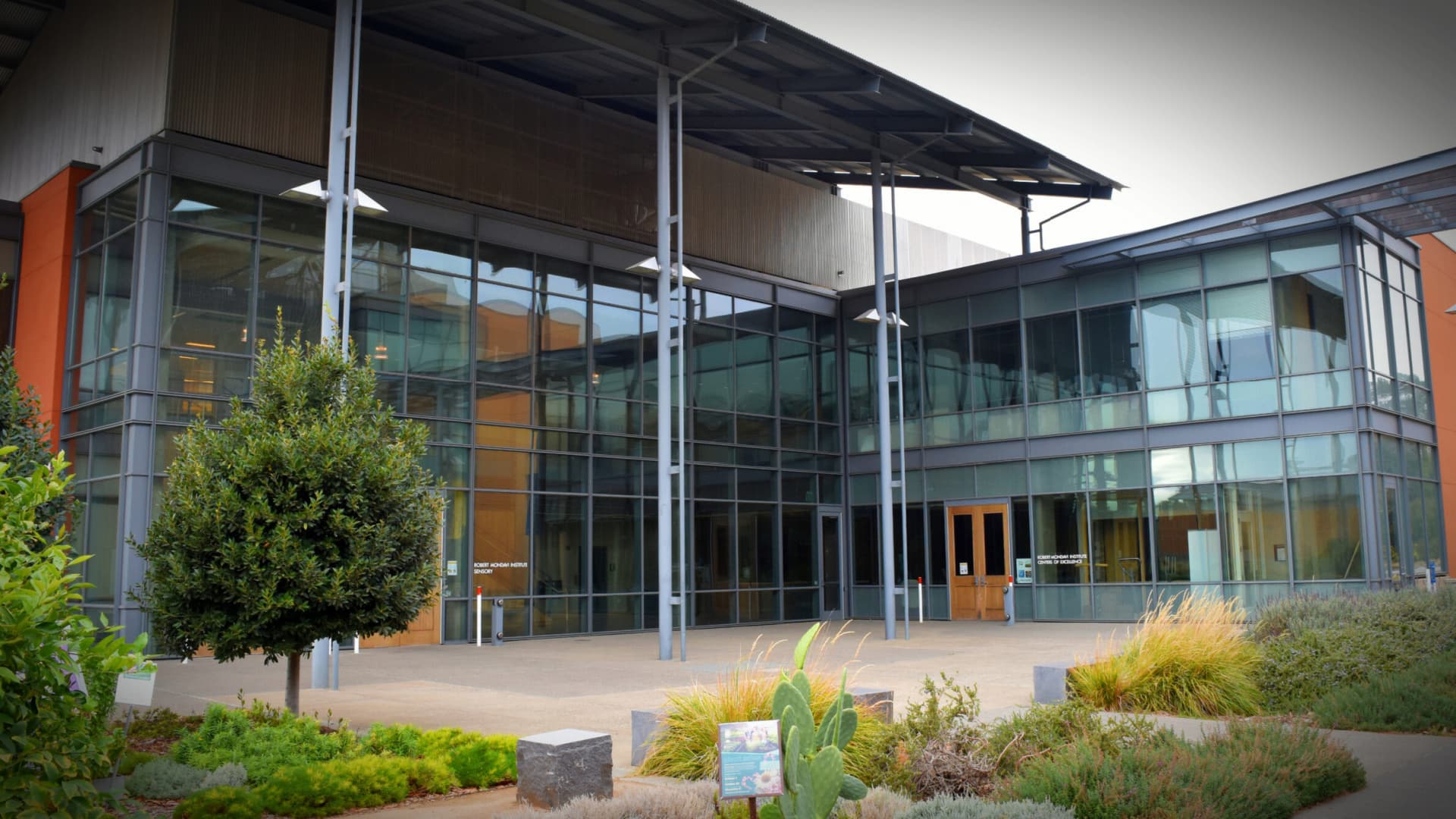
The inaugural International Olive Sustainability Conference will be held in Davis, California, from September 5th to 7th, hosted by the University of California-Davis Olive Center and featuring presentations, discussions, and case studies on topics related to olive farming, milling, and marketing. The conference aims to provide a forum for presenting sustainability research, practical ways to improve sustainability for farmers and millers, and to highlight the importance of sustainability in the olive oil industry, with a diverse range of presenters and attendees from around the world.
An estimated 250 scientists and olive oil professionals will attend the inaugural International Olive Sustainability Conference at the Robert Mondavi Institute for Wine and Food Science in Davis, California, from September 5th to 7th.
The University of California-Davis Olive Center is hosting the conference, which will feature research presentations, panel discussions, question and answer sessions and case studies on a wide range of topics relevant to olive farming, milling and marketing.
“On the agricultural side, we’ll be discussing topics like water use, climate change and carbon sequestration,” said Javier Fernandez-Salvador, the Olive Center’s executive director. “We’ll also cover fertilizer optimization, pesticide reduction, habitat conservation, hedgerow management, soil health and regenerative agriculture.”
See Also:As Workforce Ages, Olive Center Educates Next Generation of Ag. Pros“We also want to examine what’s happening on the milling side – specifically [how pomace] is dried and used as compost or processed further to extract beneficial compounds,” he added.
The conference will conclude with a tasting session and cooking demonstration at the Culinary Institute of America’s Napa campus. “It wouldn’t be a good conference if we don’t include the food side of it,” Fernandez-Salvador said.
The organizers envision the conference as a forum to present the latest sustainability research and demonstrate practical ways for farmers and millers to improve sustainability. They also hope to use the event to capture media and consumer attention about olive oil’s sustainability credentials.
To that end, the morning of the third day will be dedicated to case studies, including how sustainability can add value to products in the market.
“We have so many people that are coming to learn how to market their products better because sometimes they don’t know how to translate that message from the grower,” Fernandez-Salvador said. “How do they make that message of the grower’s sustainability practices clear to the consumer.”
Case studies will also cover specific ways to implement sustainable practices in traditionally and intensively planted olive groves and preserve centenarian and millenary olive trees.
“Half of the presenters are scientists, and half are farmers, producers and people involved in the trade, so there’s a little bit of everything,” Fernandez-Salvador said. “We didn’t want it to be a conference that focused exclusively on farming, exclusively on irrigation or exclusively on milling. It has to include every aspect and touch on all sides of sustainability.”
While California-based farmers, millers and researchers will be a significant presence, Fernandez-Salvador said the Olive Center had partnered with the University of Évora in Portugal, the University of Jaén in Spain and the International Olive Council to bring experts from around the olive oil world to share their perspectives.
Along with presenters, he added that attendees would be attending from around the world as well, including long-established olive-growing countries in Europe, the Middle East, Oceania and North and South America, along with new frontiers of olive production, including Afghanistan and Pakistan.
Fernandez-Salvador believes this will be the first of many sustainability conferences. “We hope that other universities will take on the challenge and continue to do international sustainability conferences in the future,” he said. “There’s interest from other universities that are partners now to continue this in the future.”
Registration for the International Olive Sustainability Conference closes on August 18th.





